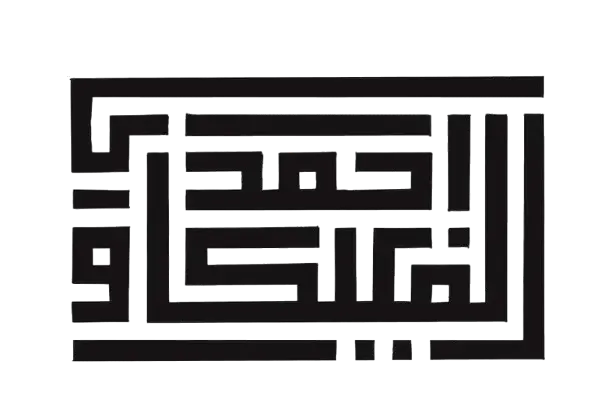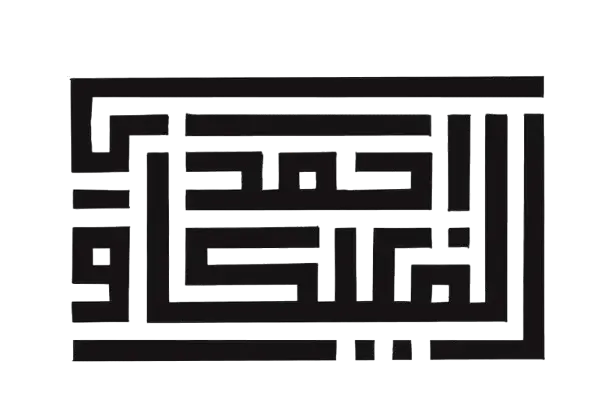People often panic at the thought of being hacked by strangers. To most, a hacker is a faceless figure bent on mischief and destruction. That is the stereotype we hear everywhere, with friends and acquaintances lamenting: “I’ve been hacked!” And then the desperate rush follows—everyone scrambling to help, hoping to recover what has been stolen.
In our societies, the concept of a hacker remains narrow and negative, bound only to “malicious piracy.” Few have yet grasped the term “ethical hacking.” Though the concept has been recognized internationally since 2005, it only began to appear in our region around 2016. Sadly, our awareness lags behind. Many still do not realize that global corporations actually employ hackers, teach hacking as a discipline, and even offer university degrees in hacking. Surprised? You shouldn’t be. Ethical hackers are indeed professionals—hackers with purpose.
To clarify: those who enter this field dedicate their expertise in computing and cybersecurity to probe websites and networks—with official authorization—not to exploit vulnerabilities, but to expose and fix them. They even infiltrate “suspicious” sites to reveal and shut them down.
Consider the experience of Saudi Arabia. Several official bodies have openly embraced dozens of ethical hackers, as reported by the media. These young specialists have successfully uncovered flaws in global platforms. One well-known group of Saudi hackers even infiltrated Iran’s “Al-Alam” channel, according to press reports. Today, Saudi institutions are actively selecting and training ethical hackers, deploying their skills to strengthen national cybersecurity.
What distinguishes them from malicious hackers is simple: they test systems legitimately, producing reports that map out risks and weaknesses. While rogue hackers can break into government portals, banks, and sensitive databases—inflicting real damage—ethical hackers stand as the counterforce. They expose the very gaps through which cyberattacks are launched.
If we take ethical hacking seriously, both government and private sectors could wield it as a powerful weapon in the digital battlefield. Critical infrastructure—governmental, economic, even sovereign institutions—is not insulated from global threats. The world has already realized this and invested in cultivating ethical hackers, who have helped mitigate breaches and guided officials toward strengthening weak points.
It is time for us, too, to spread the culture of ethical hacking, opening the doors of legitimate, purposeful work for these professionals—within national values and moral frameworks that reflect loyalty to country, community, and humanity at large. Let universities teach this discipline, let hackers be trained and refined into ethical guardians, and let us build a generation of skilled, principled cyber-defenders who can shield our most sensitive institutions from external threats.
In short: let us build hackers with morals.



